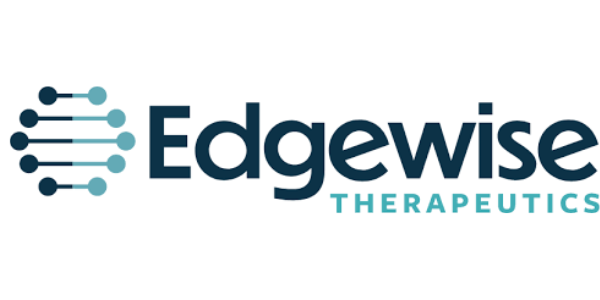This article summaries the 2-month interim results shared by Edgewise Therapeutics from the ARCH study, evaluating EDG-5506 in adults with Becker muscular dystrophy. The detailed press release can be found here.
Background/ EDG-5506 target
Skeletal muscles are made up of parallel, long tubular structures called muscle fibres. Dystrophin protein connects the outside, extracellular matrix to the contractile apparatus inside the muscle fibre. In people with Duchenne or Becker muscular dystrophy, stress and hypercontraction can disrupt muscle function and results in breakdown of muscle fibres.
Our muscles are made up of different types of muscle fibres, such as slow and fast fibres. There is an even dispersion of both fibres in our muscles, they work together to coordinate everyday activities. Slow fibres contract slower whereas fast fibres contract faster and damage more frequently. It has been observed that in dystrophic muscles fast fibres are susceptible to more damage
Edgewise Therapeutics have developed a small molecule, EDG-5506, which provides a mechanical fix to prevent muscle fibres from breakdown. EDG-5506 specifically targets fast fibres and protects them from damage during stress and hypercontraction. EDG-5506 was given Fast Track status by the U.S Food and Drug Administration in August 2021 for treatment of people with Becker muscular dystrophy.
EDG-5506 studies
Edgewise Therapeutics has completed EDG-5506 phase 1 clinical trial (NCT04585464) which evaluated the safety, pharmacokinetics of EDG-5506 in healthy individuals (phase 1a) and in adults with Becker muscular dystrophy (phase 1b). The ARCH study (NCT05160415) is assessing the long-term safety and pharmacokinetics of EDG-5506 in 12 adults with Becker muscular dystrophy. The study is assessing the effect of increasing doses of EDG-5506, administered daily over twelve months.
Some of the outcomes evaluated by the ARCH are: safety, pharmacokinetics, changes in muscle damage biomarkers (such as creatine kinase), fast skeletal muscle troponin I, measures of function with North Star Ambulatory Assessment / North Star Assessment for Limb Girdle Type Muscular Dystrophies (NSAA/NSAD), time function tests and patient-reported outcomes.
ARCH study 2-Month Interim Results
The 2- month interim results are as follows:
- EDG-5506 was well tolerated without any dose reductions or discontinuations.
- Most common adverse events observed at 10 mg were dizziness (17%) and drowsiness (17%).
- No serious adverse events were observed and dose escalation to 15 mg daily for all patients was supported by the safety profile.
- The participants were more active during 2 months of dosing relative to activity assessed in BMD participants in phase 1 study.
- The plasma pharmacokinetics 10mg once-daily dose displayed exposure levels that were approximately 61% of what was seen in phase 1b (BMD participants administered with 20mg EDG-5506 one-daily for 2 weeks).
- EDG-5506 treatment led to significant decrease in muscle damage biomarkers after 2 months. Creatine kinase and fast skeletal muscle troponin 1 were reduced by an average of 30% and 68%, respectively.
Conclusion
The promising direction provided by EDG-5506’s fast fibre selective approach to protect muscle fibre from damage could have a beneficial effect downstream. EDG-5506 could dampen inflammation which would break the continuous cycle of muscle degeneration and regeneration resulting in inhibition of loss of muscle function and fibrosis. We look forward to the outcome after participants have been dosed for 6 months with EDG-5506.


 Seizing control empowering adults by transforming transition
Seizing control empowering adults by transforming transition
